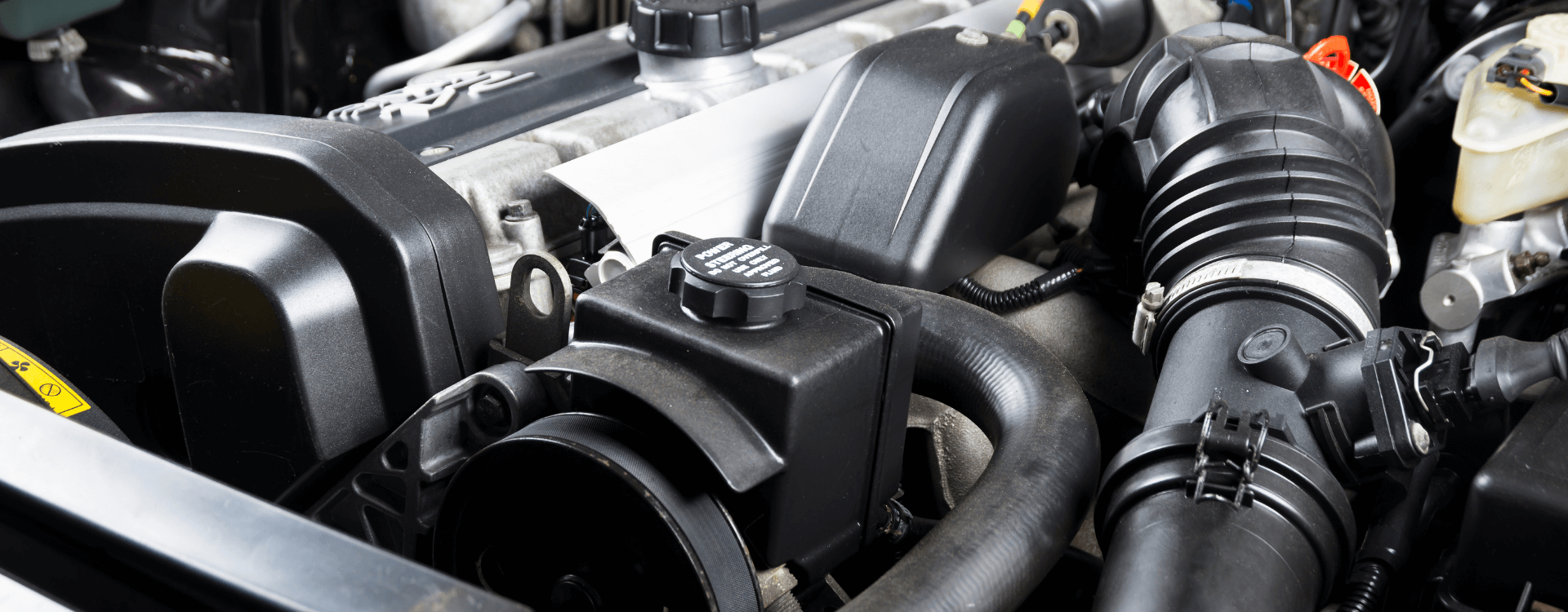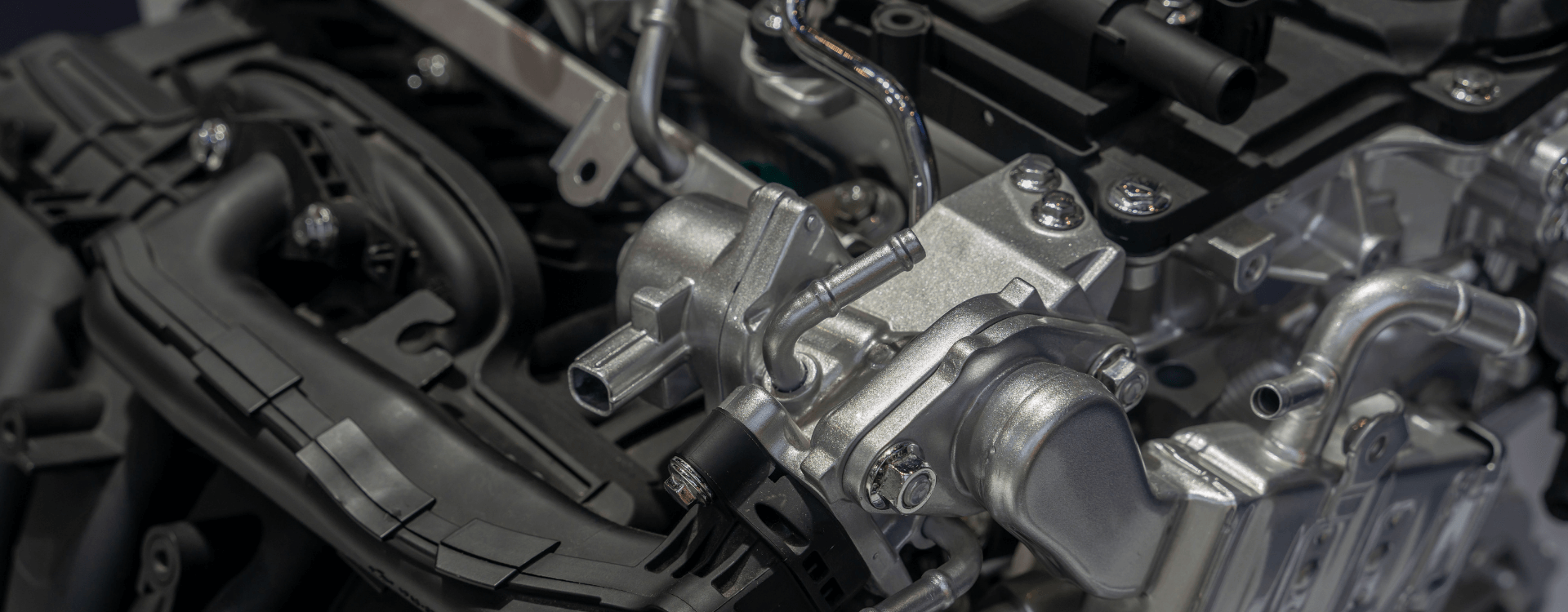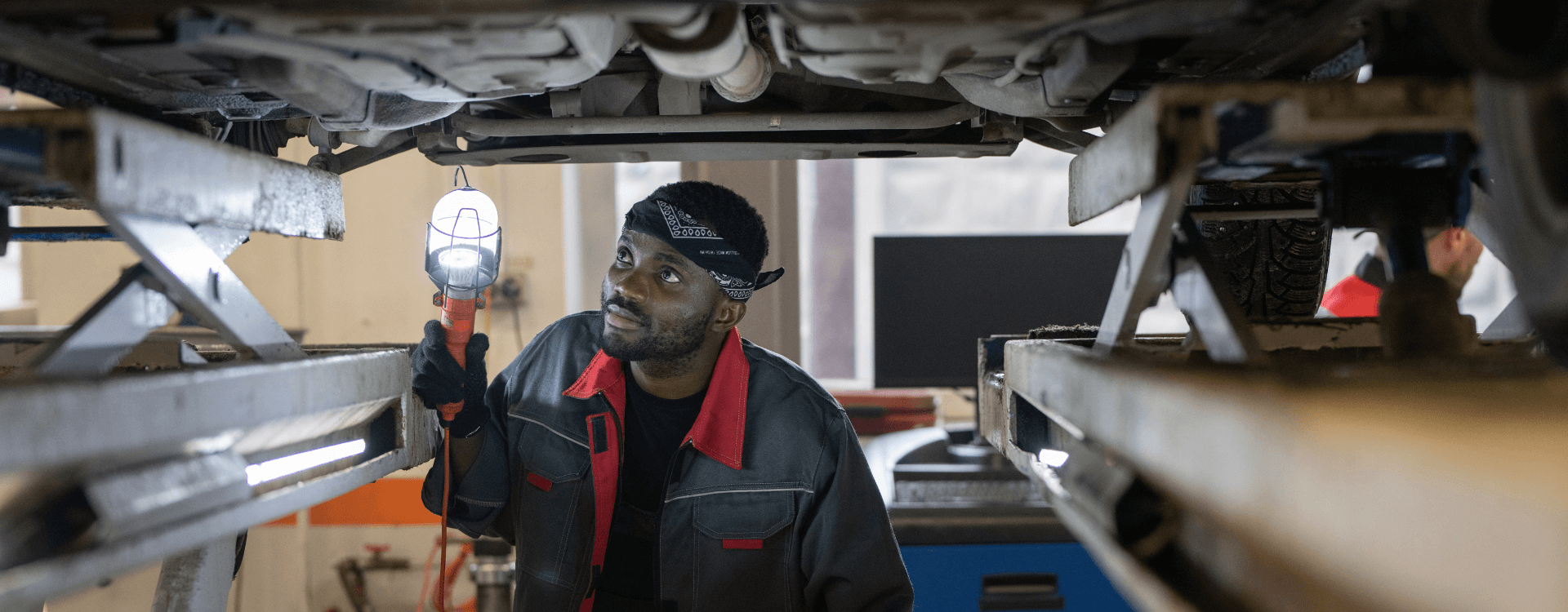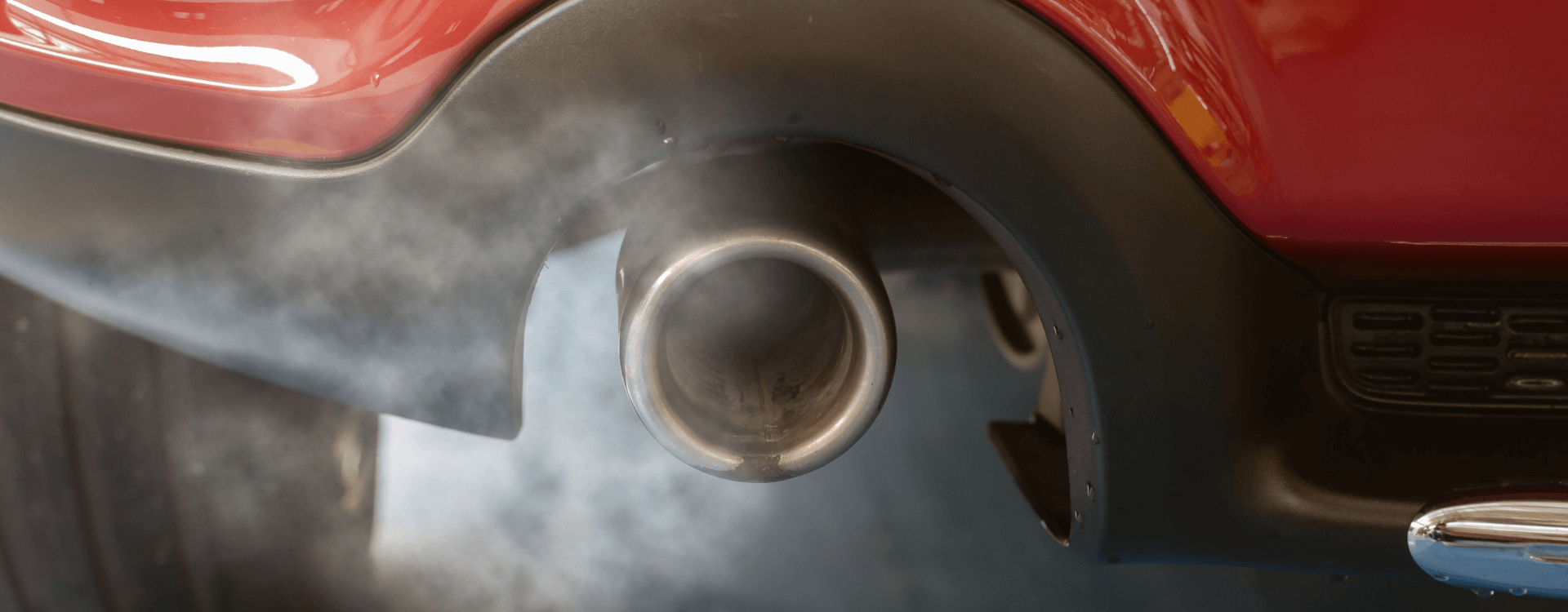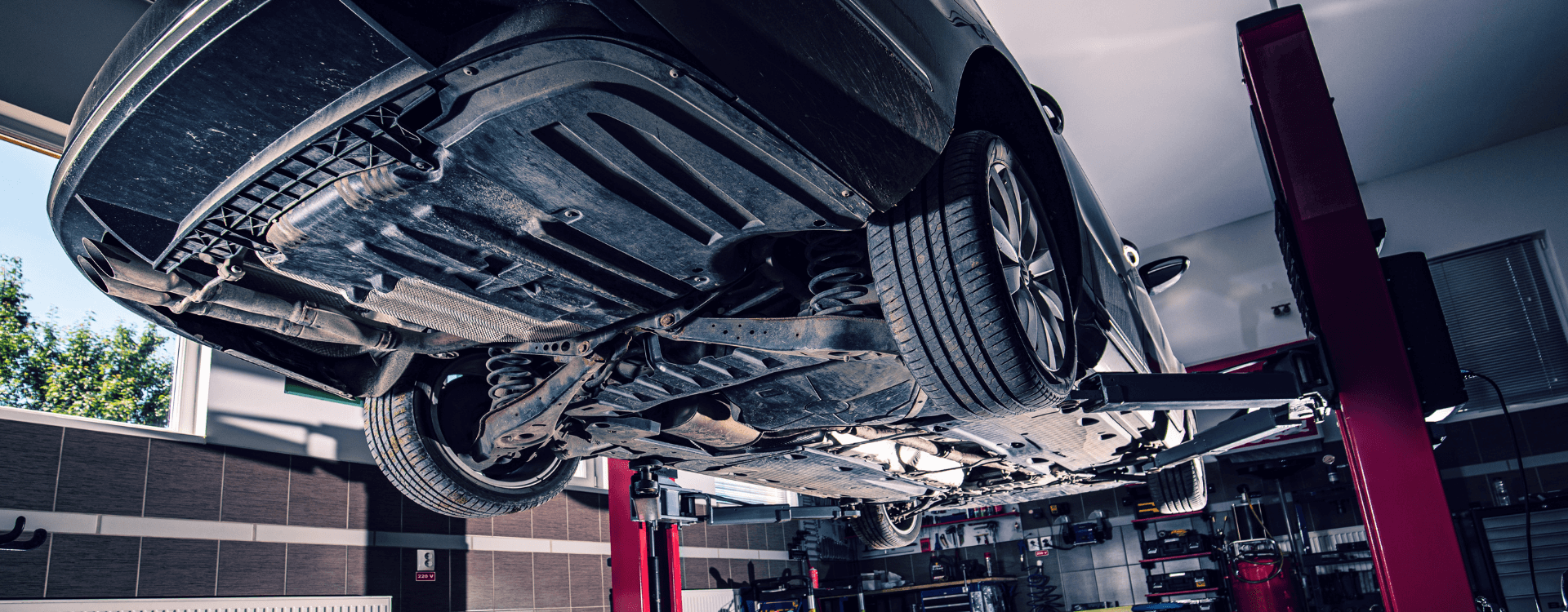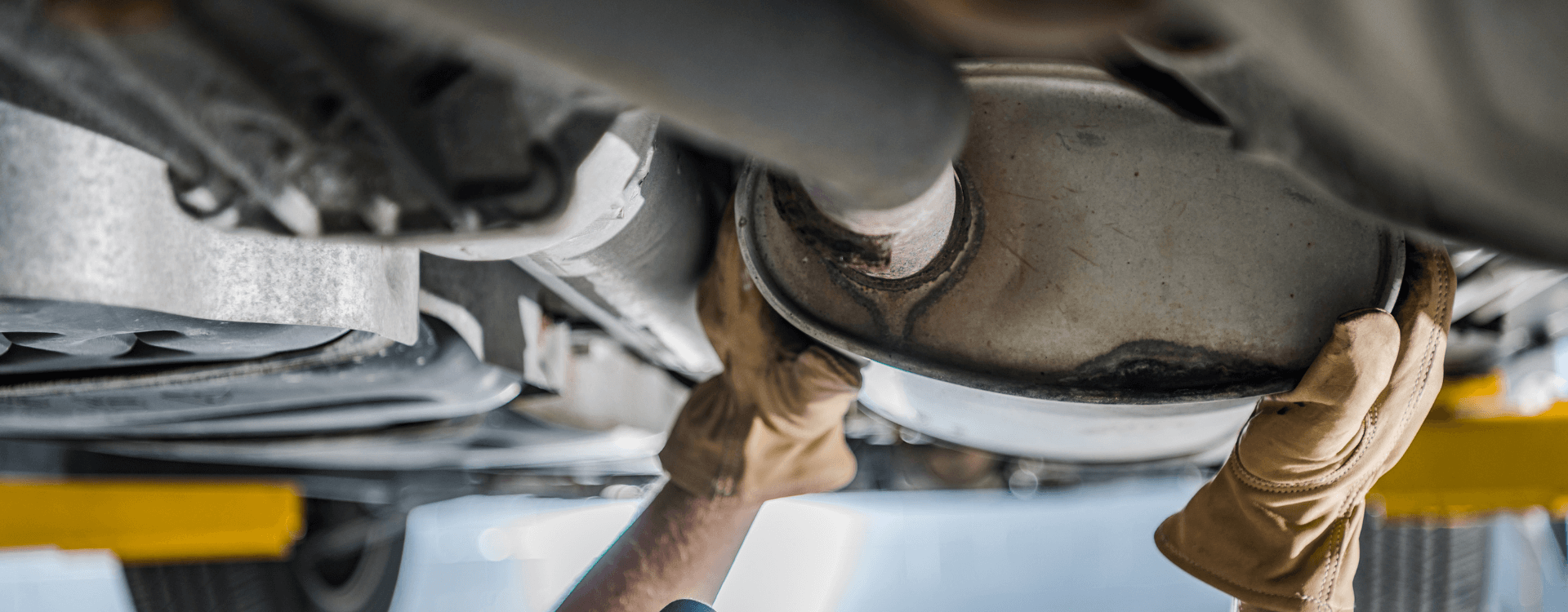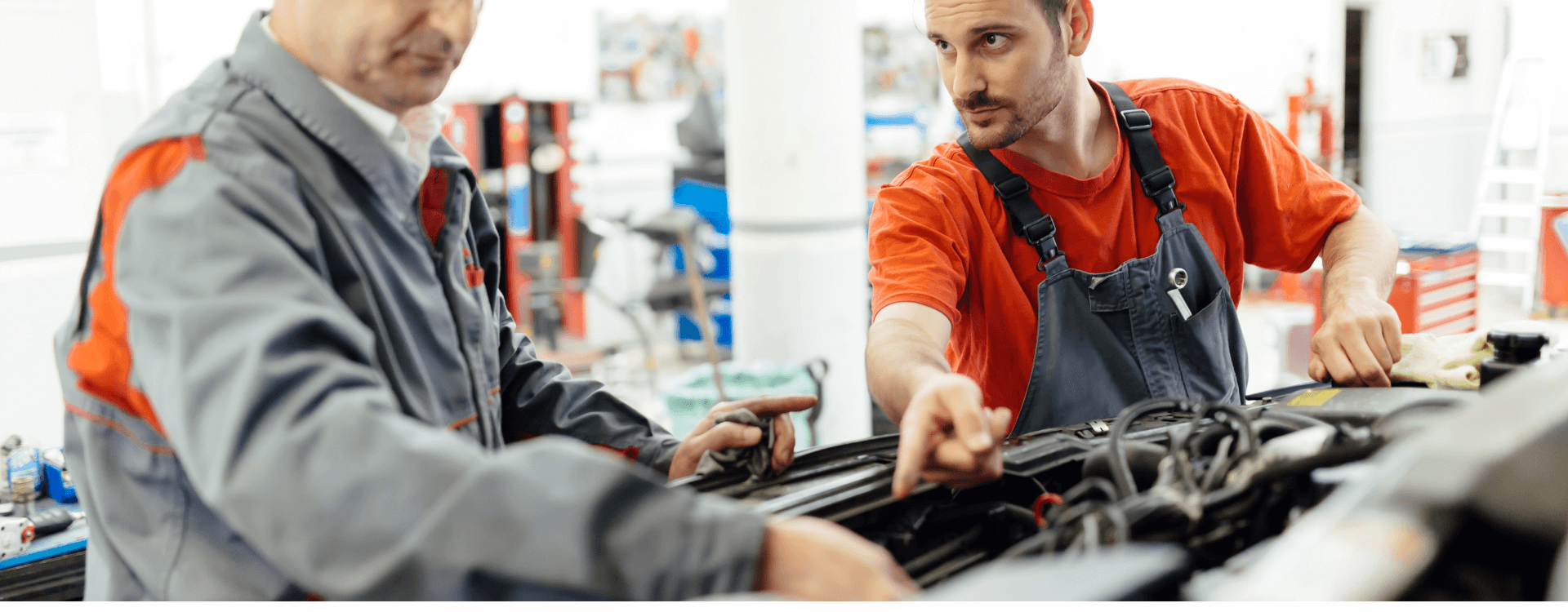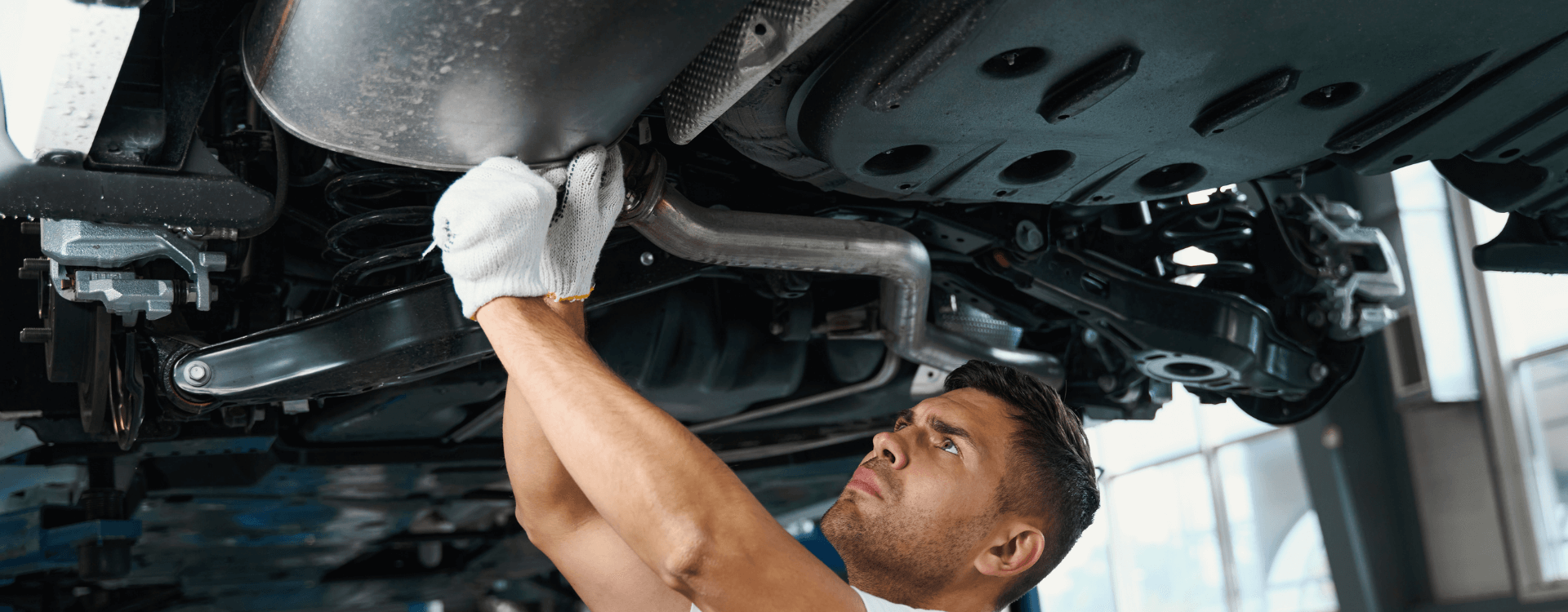2023
Emphasis on the crucial need to identify the causes of particulate filter (DPF) or catalytic converter failures before replacing them, highlighting the importance of thorough checks, covering everything from sensors to glow plugs.
Modern, more environmentally-friendly cars require regular use to avoid breakdowns linked to particulate filters (DPF) and catalytic converters. The best way to prevent this is to drive long distances to keep these components in good working order, and to carry out regular maintenance.
The automotive industry is experiencing shortages, inflation and problems linked to the transition to electric vehicles. Parts prices are rising, with uncertainties about the future, despite solutions being considered, notably for catalytic converters.
Electric cars: no pollution when driving, but manufacturing and recycling emit CO2. The transition to electric cars is underway, despite the challenges.
For a used car in good condition, replacing the catalytic converter is essential. It improves performance, reduces pollution and reassures potential buyers. Choose a quality catalytic converter at an affordable price for a worthwhile investment.
The Euro 6 standard requires an SCR system on diesel cars to reduce NOx emissions. AdBlue is injected into the catalyst to neutralise nitrogen oxides. SCR has been used on trucks since 2006 !
The combined DPF and catalytic converter offers an attractive alternative to standard emission control devices for modern cars. Easy to install, economical, more efficient, with enhanced safety for motorists.
Since 2016, particulate filters have been mandatory for petrol cars, known as GPF for Gasoline Particulate Filter. They are designed to reduce the pollution generated by petrol cars by up to 95%...
Euro emissions standards were introduced in 1993 to regulate vehicle pollution. Euro 7 is the next level, requiring stricter emission levels for nitrogen oxides and diesel particulates, as well as new standards for brake and tyre wear. Tests will be extended from 100,000 to 200,000 miles...
In 1985, Mercedes was the first manufacturer to install a diesel particulate filter on a production model to trap the fine carcinogenic particles emitted by internal combustion engines. However, at the end of 1987, the brand decided to stop introducing DPF. In the 1990s, PSA increased the number of tests to develop this technology and the first production model to benefit from it was the Peugeot 607, in 2000...

